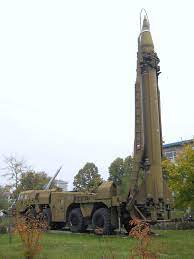The Crate

This story is written in loving memory of my father, Werner Victor Cohen (Avigdor ben Avraham Hakohen), who passed away on June 11, 2021.
My father, Werner Victor Cohen, was born in Essen, Germany, on December 8, 1921. In addition to himself, my father’s family consisted of his parents, Albert and Hedwig Cohen, and his sister, Lore.
During the Kristallnacht attacks on Jews, on Nov. 9 and 10, 1939, my dad and his father, Albert, were taken from their home by the Nazis. His father was incarcerated at a city jail and released, but my Dad was taken to Dachau concentration camp. He was one of the youngest sent there. He spent several brutal weeks in the camp while Hitler (yemach shemo) used this opportunity to test whether there would be any international condemnation. There was deafening silence.
















